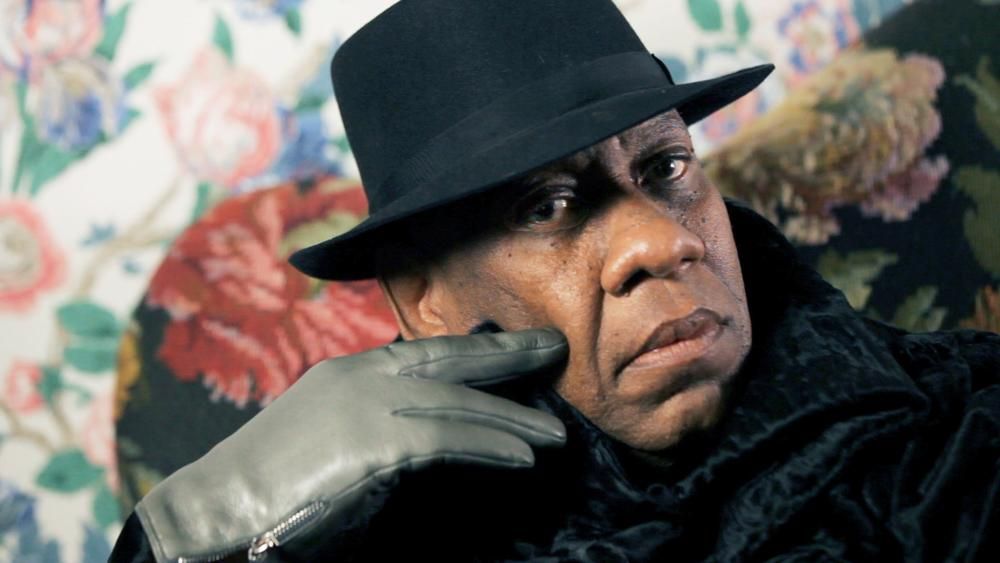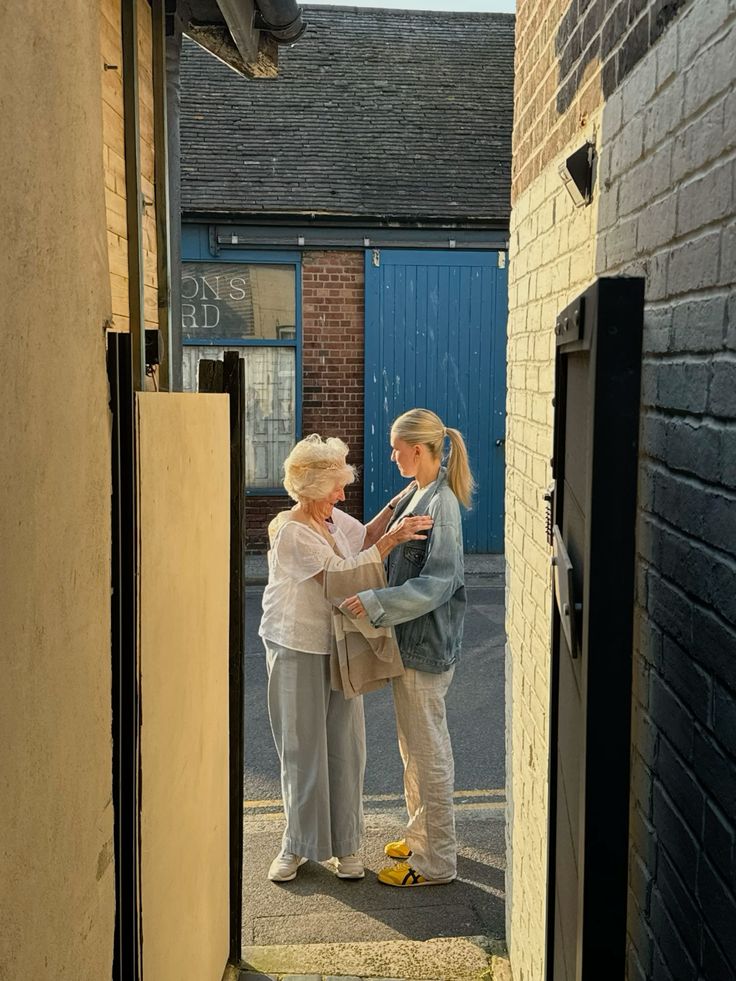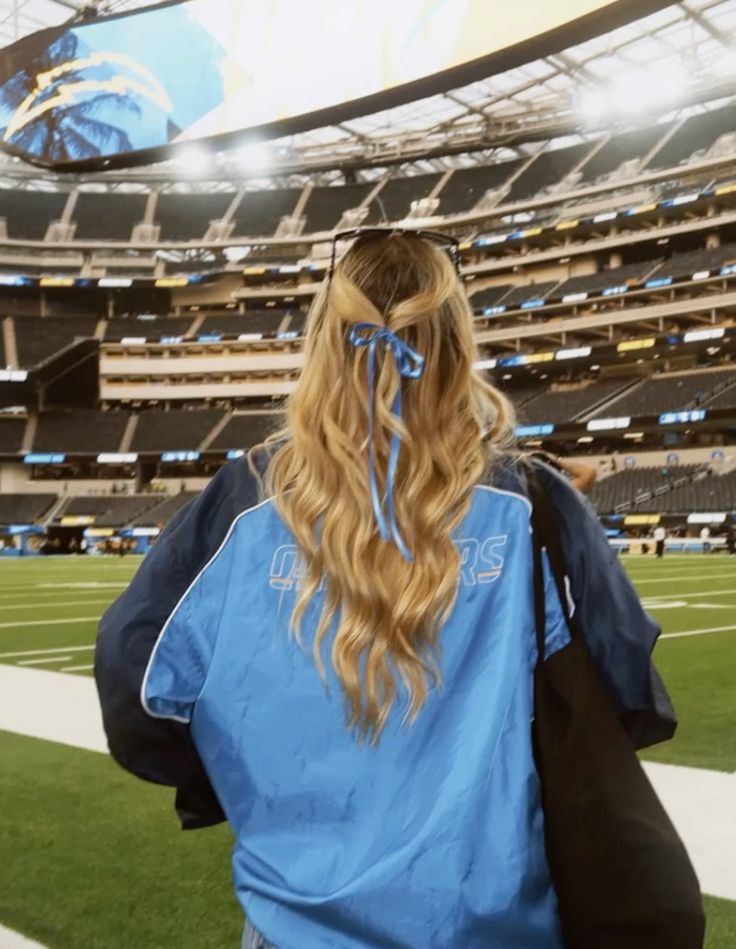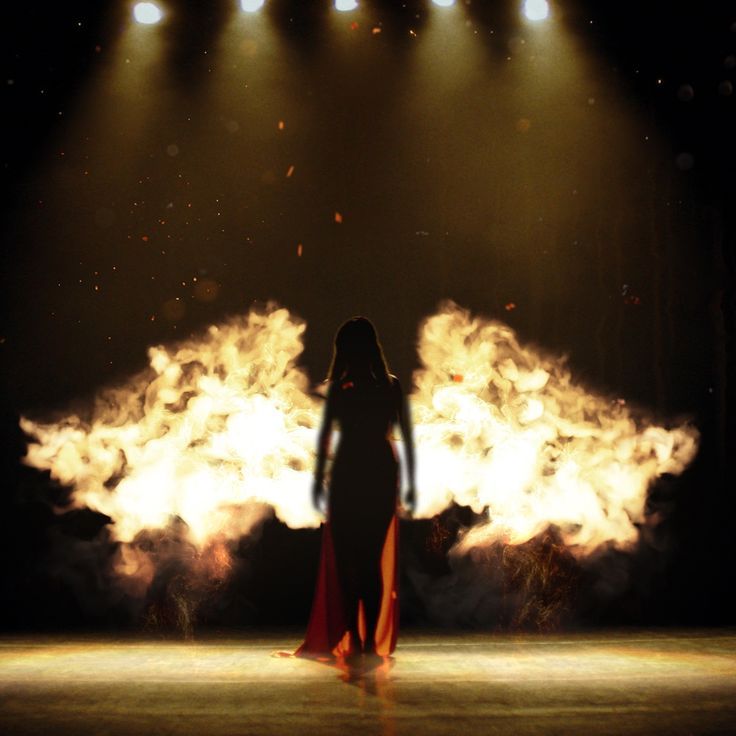André Leon Talley, the fashion icon and pioneer for representation in the industry, died on Jan. 18, 2022, at the age of 73. Well-known for his work as creative director and subsequent editor-at-large of Vogue over the course of three decades, Talley’s talent was evident to the masses. In light of his death, many have referred to him by his well-known moniker “The Only One” — a title that was conceived following a profile in The New Yorker in 1994. He became the first Black creative director of Vogue, a rarity in the predominantly white industry. Notwithstanding his historical appointment as a leader in the massive magazine empire, his influence surpassed his editorial prowess and innovation.

As a man with a larger-than-life persona — both figuratively and literally — Talley expanded his authority in the fashion world and enacted change on a scale that transcended design alone. While he supported the inclusion of Black, queer representation in the fashion industry, he was not as outspoken when it came to race in other realms. Even so, his impact broke down barriers for other journalists, models and designers of color to have platforms of their own in the world of fashion. After his departure from Vogue in 2013, Talley became much more vocal about his support of the Black Lives Matter movement and began to share his own experiences as a Black man in the fashion industry.
In terms of personal style, Talley was keenly aware of how to command attention in a room filled with multitudes of important people. He was often photographed in long, flowing robes and capes while he rubbed shoulders with major celebrities: including famous actors, musicians and designers.
In a documentary about his life titled “The Gospel According to André,” Talley reflects on his signature floor-length capes:
“Capes, for me, suggest a great moment. They are very formal and regal. When you are wearing a cape, you are going to behave differently; you’re going to stand differently and walk differently.”
Changing the way one is perceived by the outside world was a tenant of fashion ideology that Talley lived by. He believed that the clothes people don don’t have to reflect their reality. Clothes can function in a way that elevates not only a person’s physical look but their aura.

Photo from Pinterest.com 
Photo from Pinterest.com 
Photo from Pinterest.com
Talley’s poised, regal style reflected his doctrine about fashion as well as his upbringing. He talked often about being inspired by his Southern roots and his experiences dressing on Sundays for church. In 2014, he was quoted in the New York Times as saying, “I noticed the way people made such an effort to dress at an early age for Sunday church. It was the red carpet moment of every African-American home. My grandmother laid out our clothes on Saturday evening for Sunday morning … Maintenance was pivotal to our sense of luxury.”
It’s evident that Talley was a force in the fashion world who informed a new wave of representation in the industry. He took his passion for style, writing and story-telling and proved that his skills were backed by thoughtful consideration for detail and intention. Queer editors and designers of color have walked through the doors Talley broke down so that they might have the chance to succeed as well. The ripple effect produced by his work and influence will live on in fashion history forever.








